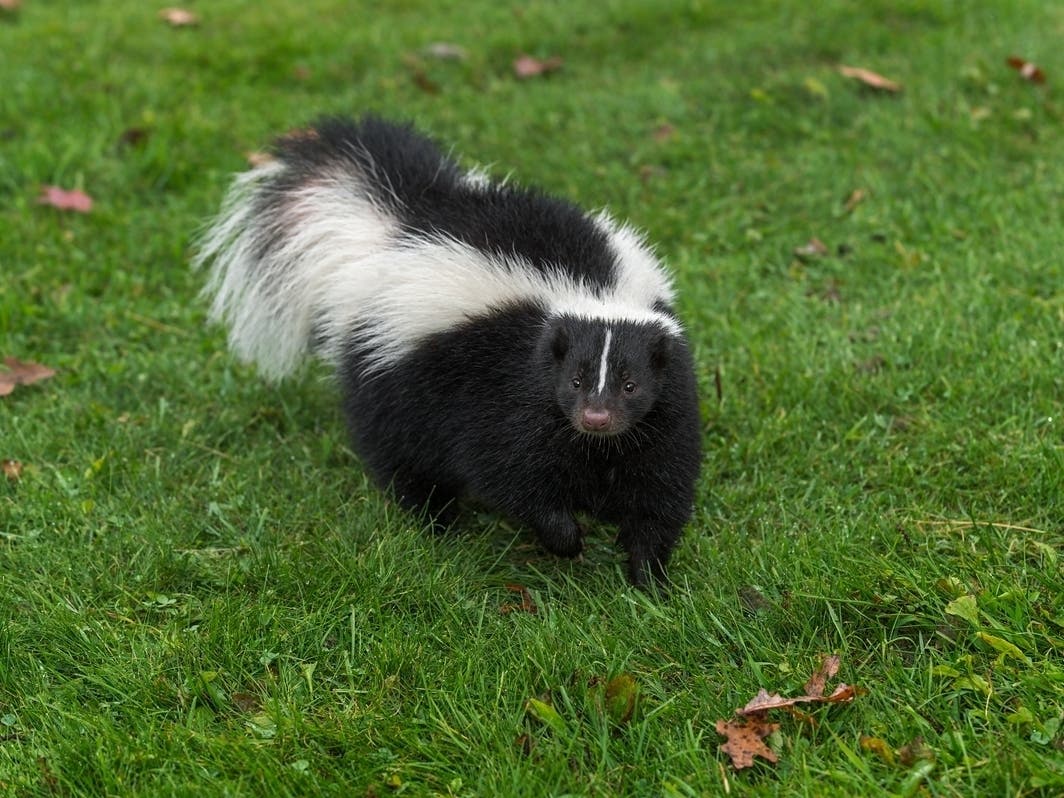Health & Fitness
Rabid Skunk Puts Dogs Under Quarantine In Gloucester Township
A resident noticed the skunk with their dogs earlier this week. The creature has tested positive for rabies.

GLOUCESTER TOWNSHIP, NJ — A Gloucester Township resident's dogs were placed under quarantine after exposure to a rabid skunk.
The resident noticed their dogs with a skunk Tuesday in their neighborhood, according to the Camden County Health Department. Gloucester Township's animal control officer picked up the skunk, which was submitted to a state lab for rabies testing.
The skunk tested positive for rabies, health officials said Friday.
Find out what's happening in Gloucester Townshipwith free, real-time updates from Patch.
The dogs have received rabies booster shots and will be placed under a strict, four-month quarantine, officials said. A health bulletin was distributed in the area where the skunk was found, and the animal control officer is monitoring the situation, the county health department said.
No human exposures to the skunk have been reported.
Find out what's happening in Gloucester Townshipwith free, real-time updates from Patch.
Human deaths from rabies are rare in the United States, with fewer than 10 per year since 1960, according to the CDC. But rabies is fatal in more than 99 percent of cases, with no treatment once signs or symptoms emerge, so post-exposure treatment is vital for people and animals.
"Although rabies is a serious illness, it can be prevented by early treatment," County Commissioner Virginia Betteridge said in a statement. "If you have been bitten or scratched by a wild animal it is important that you seek immediate medical attention."
Betteridge, the liaison to the county health department, advised pet owners to do the following:
- Keep vaccinations up to date for all dogs, cats and ferrets.
- Keep your pets under direct supervision so they do not come in contact with wild animals. If your pet is bitten by a wild animal, seek veterinary assistance for the animal immediately.
- Contact your local animal-control agency to remove any stray animals from your neighborhood. They may be unvaccinated and could be infected by the disease.
People should also take the following steps to avoid direct contact with unfamiliar animals, Betteridge says:
- Enjoy wild animals such as raccoons, skunks and foxes from afar. Do not handle, feed or unintentionally attract wild animals with open garbage cans or liter.
- Never adopt wild animals or bring them into your home. Do not try to nurse sick animals to health. Call animal control or an animal-rescue agency for assistance.
- Teach children to never handle unfamiliar animals — wild or domestic — even if they seem friendly.
- Prevent bats from entering living quarters or occupied spaces in homes, houses of worship, schools and other similar areas where they might come in contact with people or pets.
- When traveling abroad, avoid direct contact with wild animals and be especially careful around dogs in developing countries. Rabies is common in developing nations in Asia, Africa, and Latin America, where tens of thousands of people die of rabies each year.
For more information about rabies, visit the CDC's webpage. Camden County residents can call the Camden County Department of Health and Human Services at 856-374-6370.
Get more local news delivered straight to your inbox. Sign up for free Patch newsletters and alerts.